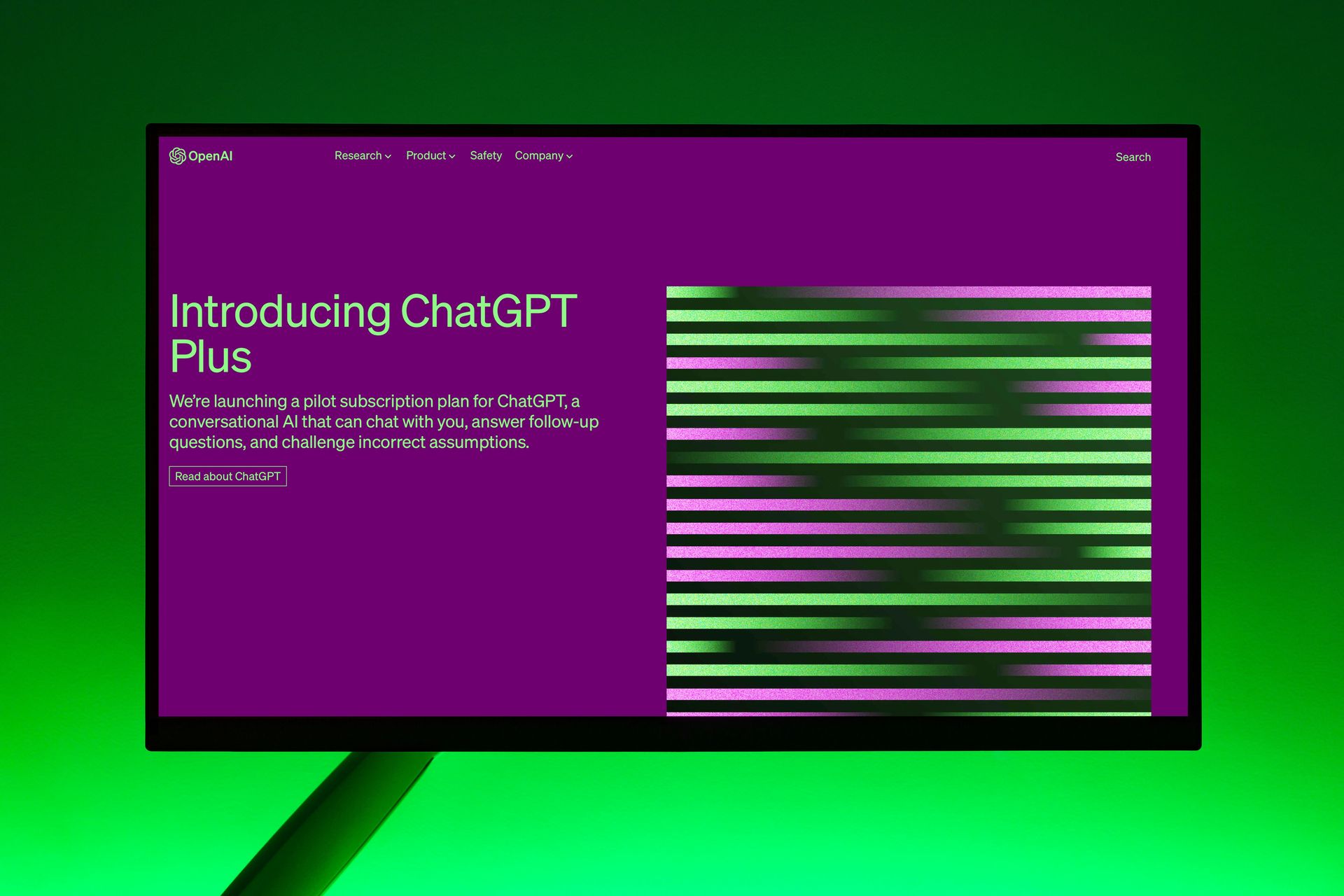New Codes of Practice for Employers and Employees on the Right to Request Flexible and Remote Working
In this article we will outline:
- The purpose of the WRC Codes of Practice regarding remote working
- Examples of what constitutes remote working
- Details of what the Remote Working request should include
- Details of what the employer should include in their response
The WRC has now published the long-awaited Codes of Practice for Employees on the Right to Request Flexible Working (FW) and Right to Request Remote Working (RW).
The purpose of these Codes is to provide practical guidance to employers, employees and any other persons as to the steps that may be taken for complying with requests for both remote working and flexible working.
These Codes were produced under the Work-Life Balance and Miscellaneous Provisions Act 2023, which also brought about a number of other changes in the last year, including Domestic Violence Leave and Leave for Medical Care Purposes.
While a Code of Practice is not legislation and failure to comply with the code is not an offence in itself, the Code of Practice is admissible in evidence in the Labour Court or to an Adjudication Officer of the WRC, and an employer’s compliance will be considered when determining any case before it.
Specifically, the purpose of the Code is to:
- set out the detail of the processes regarding making and managing requests for flexible working (FW) and remote working (RW) including when changes are sought or made to the agreed arrangement;
- support employers in objective, fair and reasonable decision-making when considering requests for FW or RW;
- offer practical guidance on best practice to employers, employees and/ or their representatives to ensure compliance with the legislation;
- assist in developing workplace policies and procedures for dealing with flexible working and remote working requests so as to provide clarity, transparency and consistency for both employees and employers;
- provide guidance for the resolution of disputes in relation to requests for FW or RW insofar as it relates to the processing of the requests;
- provide information to the public in relation to the relevant enactments.
The Code of Practice defines and sets down a number of examples of what constitutes Flexible Working, including; Part-time work; Term-time work; Job-sharing; Flexitime; Compressed working hours and Remote Working.
REMOTE WORKING (RW)
The Code of Practice outlines that all employees have the right to request Remote Working, which was defined in the Work Life Balance Miscellaneous Provision Act 2023 as, an arrangement whereby some or all of an employee's work is carried out at a place other than the employer’s place of business without change to the working hours or duties.
In order for an employee to make a statutory request for FW they must have six months continuous service and must be;
- the parent or acting in loco parentis to a child under 12 years of age or under 16 years if the child has a disability or illness and who is or will be providing care to the child, or
- providing or going to provide personal care or support to a specified person namely the employee’s child, spouse or civil partner, cohabitant, parent or grandparent, sibling or a person other than one in the categories already specified who lives in the same household as the employee. The person must also be in need of significant care or support for a serious medical reason.
The Right to Request RW
All employees have the right to request remote working from the first day of the employment; However, as with FW, the employee must complete a minimum of 6 months continuous employment before the request can be approved, and the arrangement can start.
MAKING THE REQUEST
Both Codes outline that the employee must submit a request for RW or FW to the employer in writing, signed by the employee and at least 8 weeks before the proposed starting date.
The request for Remote Working must set out
- details of the RW arrangement i.e. how many days and which days
requested; and
- the proposed starting and end date of the arrangement, if relevant;
and
- the reasons for requesting RW.
A request for Flexible Working for caring purposes must include the following information to help the employer with the decision-making process:
- the form of FW being requested;
- the proposed starting date;
- and proposed duration of the FW arrangement.
As an employer can ask an employee for any additional information that they may reasonably require about the person in need of care, employees are encouraged to include the following relevant documents and/or information with their original application so as to expedite the process:
- details of whom the request for FW for caring purposes is in respect of i.e. a child or specified person;
- a copy of the child’s birth certificate or certificate of placement from a registered adoption agency or Tusla (the Child and Family Agency)
RIGHT TO A RESPONSE
When an employer receives a request for either RW or FW they must respond as soon as is reasonably practicable, but not later than 4 weeks after receiving the request.
The response must
- Approve the request; and provide an agreement signed by the employer setting out the relevant details
- Provide notice in writing refusing the request and setting out the reasons as to why the request was refused
- Give written notice that more time is needed to assess the request, setting out the timeframe for a response
When considering a request for both RW or FW the employer must have regard to the needs of the business and the needs of the employee. The Codes helpfully outline a number of factors which an employer may also take into account including; the type of work; key duties, access to equipment, how manual the role is; requirement for face to face engagements and the affect the FW or RW would have on the service quality or organisational operations including the number of staff on leave or on FW or RW arrangements already.
The Codes provide protection of employees from penalisation for making a request and sets out the requirement for record keeping is three years for approved FW arrangements and one year all notices either given or received by the employer, and failure to keep these records is liable on summary conviction to a fine of €2,500.
Key Takeaways
Employers will need to ensure that they can show that they have fully considered the requests received by the employee, that their policies reflect the Codes of Practice and that they have evidence to show that they have adhered to them.
For advice and guidance on implementing these Codes of Practices in your workplace, contact the team at MSS The HR People.
Author:
Managing Director, MSS












